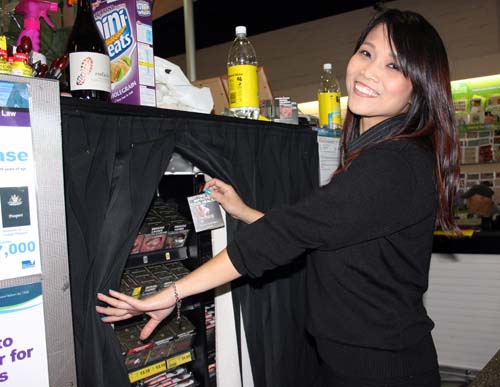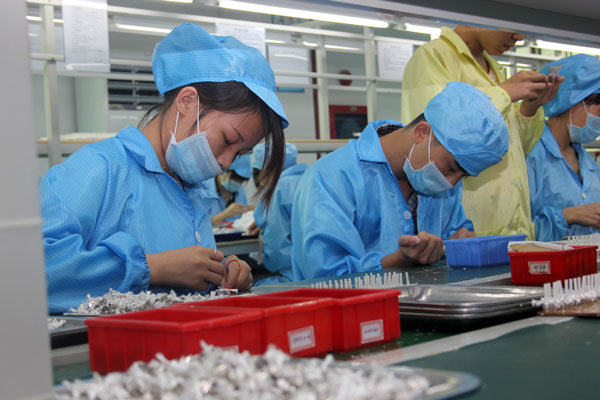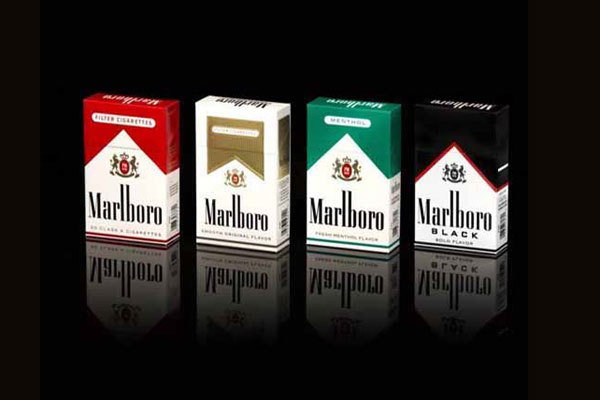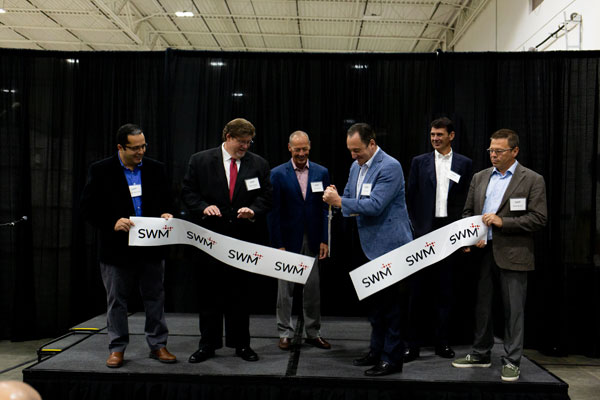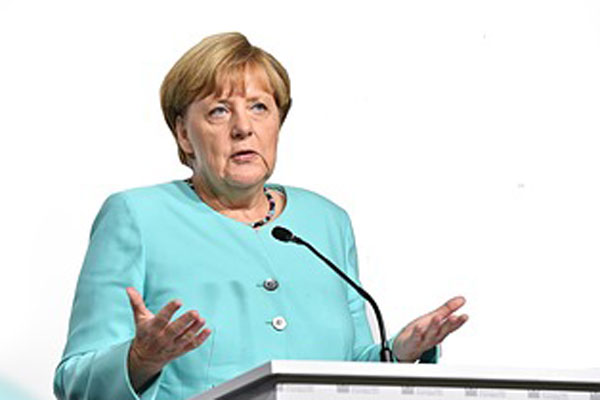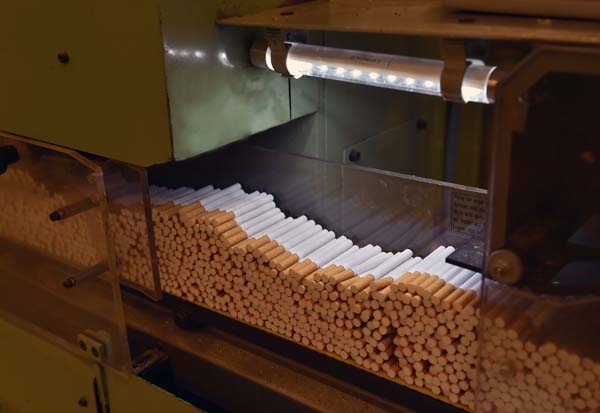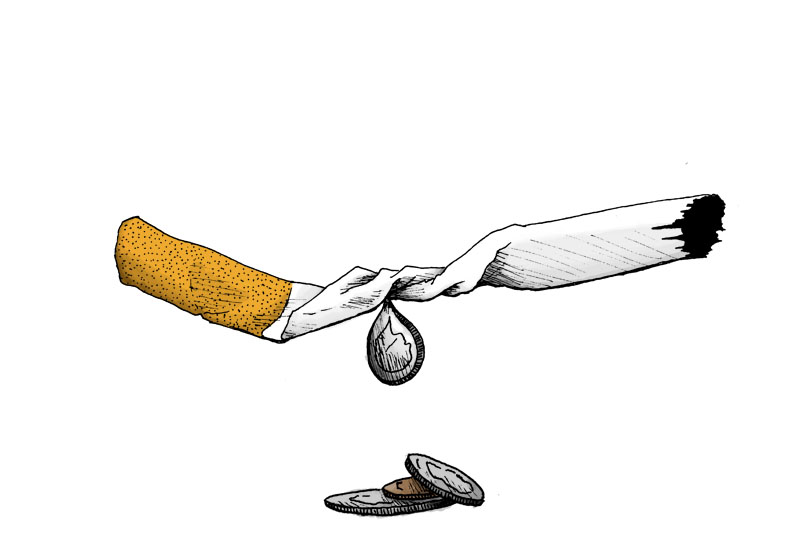Singapore will require tobacco companies to sell their products in plain standardized packaging featuring enlarged health warnings beginning July 1, 2020, reports The Straits Times citing the health ministry.
The announcement follows an extensive review by the health ministry of local and international reports, research and evidence, and several rounds of public consultations.
The new packaging law will apply to cigarettes, cigarillos, cigars, beedies, ang hoon and other roll-your-own tobacco products whereby the product and brand names will be allowed only in a standardized font style and color. The packaging will not permit the showing of logos, colors, images or other promotional material that is associated with the tobacco product brand.
The graphic health warning will have to cover 75 percent of the tobacco product package, up from the current 50 percent.
First-time violators of the new rules may face a fine of up to SGD10,000 ($7,390) and/or a prison term of up to six months.
“The SP measure for tobacco products will, in conjunction with other tobacco control measures, contribute to achieving broader tobacco control aims such as discouraging nonsmokers from picking up smoking, encouraging smokers to quit, and encouraging Singaporeans to adopt a tobacco-free lifestyle, which will ultimately lead to reduced smoking prevalence,” the health ministry said in a statement.

